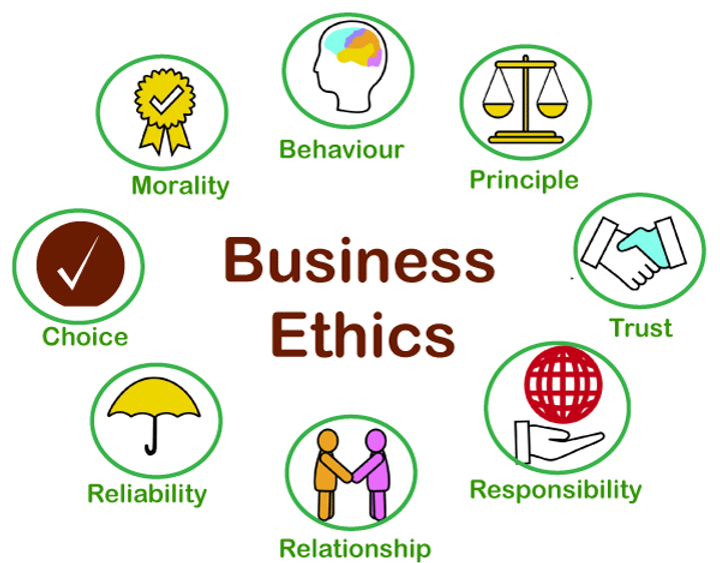Ethics in Business: Navigating the Moral Compass of Commerce
In the bustling world of business, where deals are made, fortunes amassed, and markets influenced, ethics plays a crucial role in determining the character and success of an enterprise. But what exactly is ethics in business, and why is it so significant? Let’s dive into this fascinating and complex aspect of the corporate world.
Defining Business Ethics
Business ethics refers to the moral principles and values that guide the behavior of individuals and organizations in the business sphere. It is a set of rules and principles that govern how companies should operate, encompassing both their internal dealings and their interactions with external stakeholders, such as customers, employees, investors, suppliers, and the community at large.
Why Are Business Ethics Important?
Business ethics serves as the moral compass for businesses, ensuring they operate in a responsible and sustainable manner. Here are several reasons why business ethics are crucial:
1. Trust and Reputation: Ethical behavior fosters trust among customers, partners, and stakeholders, enhancing a company’s reputation and brand value.
2. Legal Compliance: Adhering to ethical principles helps companies comply with laws and regulations, reducing the risk of legal issues.
3. Employee Morale: Ethical businesses attract and retain talented employees who want to work for organizations that align with their values.
4. Customer Loyalty: Ethical practices build customer loyalty as consumers prefer to support businesses that share their ethical beliefs.
5. Long-Term Success: Ethical behavior promotes sustainability and long-term success, as companies prioritize responsible practices over short-term gains.
Key Principles of Business Ethics
While business ethics can encompass various principles, some core concepts are widely recognized:
1. Integrity: Upholding honesty and truthfulness in all business dealings, from financial reporting to marketing practices.
2. Fairness: Treating all stakeholders equitably, avoiding discrimination, and promoting diversity and inclusion.
3. Transparency: Providing clear and accurate information to stakeholders, especially when it comes to financial reporting and decision-making processes.
4. Accountability: Taking responsibility for one’s actions, acknowledging mistakes, and implementing corrective measures.
5. Sustainability: Operating in an environmentally responsible manner and contributing positively to the community.
6. Respect: Treating all individuals with dignity and respect, both within and outside the organization.
Ethical Challenges in Business
Navigating business ethics isn’t always straightforward. Companies often face complex ethical challenges, including:
1. Conflicts of Interest: Balancing personal interests with those of the organization can lead to conflicts that test ethical boundaries.
2. Corporate Social Responsibility (CSR): Deciding how to allocate resources for philanthropy and social causes can be a delicate ethical issue.
3. Whistleblowing: Encouraging employees to report unethical behavior within the company can be challenging.
4. Environmental Impact: Balancing profit with environmentally sustainable practices can be a difficult ethical choice.
5. Global Ethics: Operating ethically in diverse international markets with varying cultural norms can be a significant challenge.
Enforcing Business Ethics
To ensure business ethics are upheld, organizations often establish codes of conduct, ethics committees, and regular training programs. Ethical audits and reporting mechanisms, such as whistleblower hotlines, are also common. Additionally, stakeholders, including customers and investors, play a crucial role in holding companies accountable for their ethical practices.
Ethics in business is not a mere buzzword but a fundamental aspect that shapes the character and reputation of organizations. Ethical behavior isn’t just about adhering to rules and regulations; it’s about doing what is right, even when no one is watching. As businesses continue to evolve in an ever-changing world, maintaining a strong ethical foundation is essential for long-term success and making a positive impact on society.

